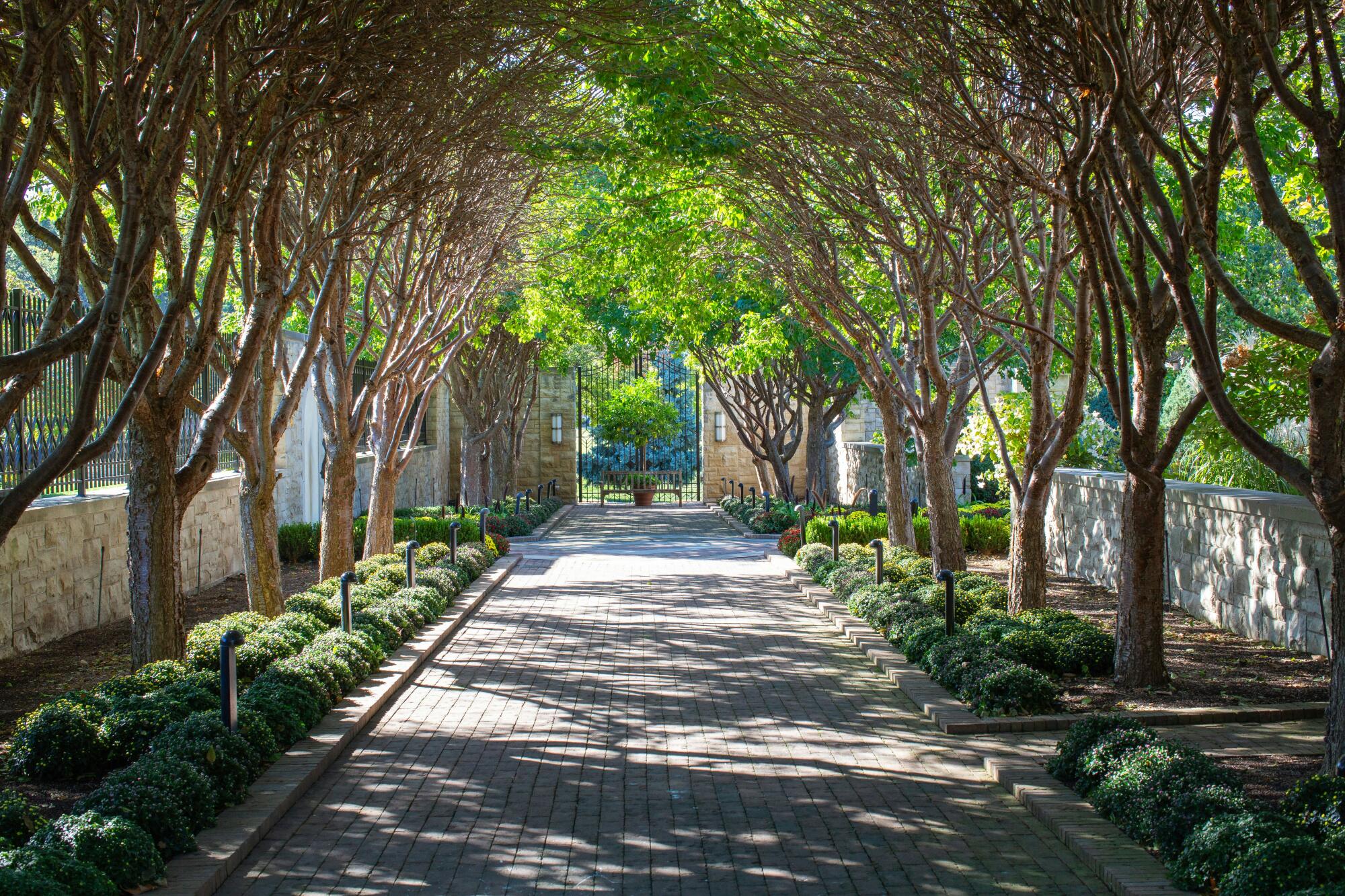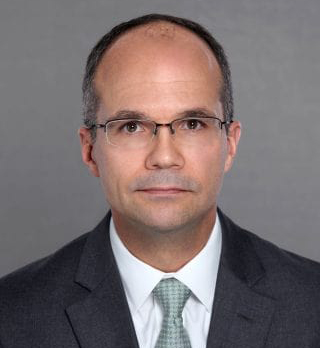More than 75 million Americans live in a neighborhood governed by a homeowners association (HOA). That amounts to about 30 percent of all households.
There are many advantages to living in neighborhoods with HOAs. These include amenities and high standards of living, which translates to better home value retention. HOAs must fund these benefits, in the form of HOA fees.
This article covers the basics of homeowners association fees in Ewing, New Jersey. Keep reading to find out how to structure them and the services and projects for which they should be used.
What Are HOA Fees?
HOA fees are sometimes referred to as association "dues" or "assessments." They are payments made by residents of a neighborhood or condominium complex.
Dues are agreed upon through a contract when buying a home or condo, but are the same for every resident. HOA fees are usually set on an annual basis.
What Services Do HOA Fees Fund?
Each HOA board can decide how to use the funds they collect. However, there are some common uses.
One is for the maintenance of common grounds and buildings. This includes landscaping and lawn care. It extends to private streets, sidewalks, and parking lots.
HOA fees can pay for sewer, trash, and recycling services. They can pay for repairs or services for communal buildings. These include pest control and HVAC, plumbing, and electrical contractors.
HOA fees also fund the maintenance of amenities, such as swimming pools, tennis courts, and gyms. They can also pay for community improvement projects.
Finally, HOA fees are often used to pay for administrative costs. These include accounting, legal, financial, or other services.
How Much Are HOA Fees?
HOA fees can vary a great deal based on many factors. These include location. If your neighborhood is in an area with a high cost of living, then you can expect HOAs to be slightly higher.
HOA fees are also impacted by amenities in the neighborhood. Swimming pools, tennis courts, and golf courses need resources to maintain them. This can drive HOA fees up.
Finally, HOA fee increases can be attributed to improvement projects. If the neighborhood decides to add walking trails or community gardens, or upgrade features like sidewalks or gated entryways, then they will need to raise funds.
What Happens If Residents Fail to Pay HOA Dues?
Neighborhoods rely on HOA fees from all residents to fund services and amenities. Failure to pay will result in action by the HOA board, usually in the form of fines.
If a resident still fails to pay, the HOA can sue for damages. This can result in a lien or foreclosure on the property to collect delinquent payments.
Learn More About HOA Regulations in Ewing, NJ
Now that you understand how HOA fees work and what they should be used for, you can put the appropriate policies in place. An experienced Ewing, NJ, property management company can further advise you on the right plan and options for your neighborhood.
At PMI Essential, we pride ourselves on providing the highest quality property management services, leveraging extensive real estate expertise and state-of-the-art technology. We offer a range of commercial and residential services, including HOA management and board resources.
Contact us today to schedule a free consultation to discuss your Ewing, New Jersey HOA.


